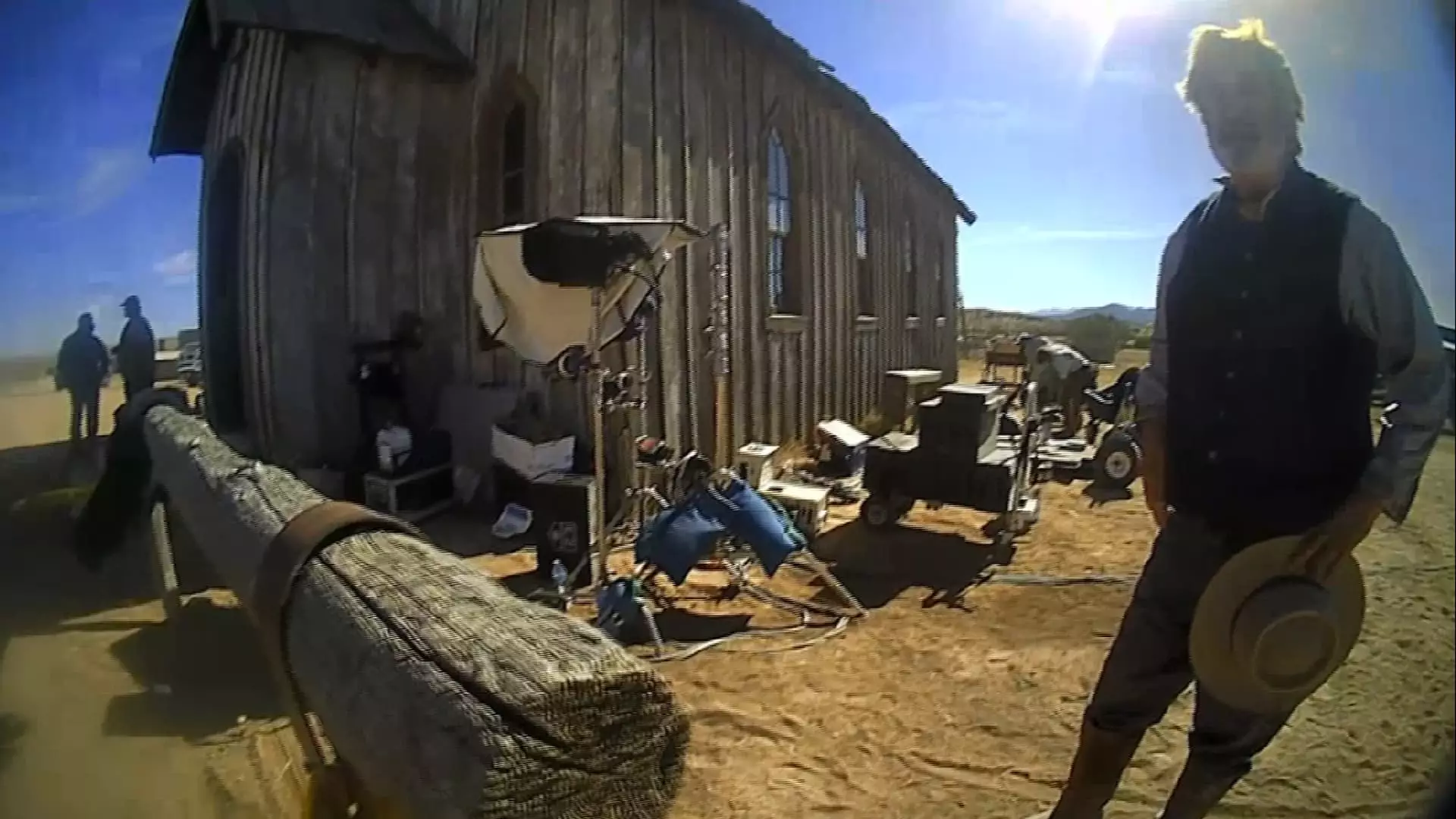The forthcoming premiere of “Rust” at the Camerimage Festival in Poland marks three years since the tragic incident that resulted in the death of cinematographer Halyna Hutchins. On the set of the film, a tragic mishap unfolded when actor Alec Baldwin discharged a prop gun during a scene, leading to Hutchins’ untimely death. This harrowing event sent shockwaves throughout the film industry, raising serious concerns about safety protocols on sets that utilize firearms, even replicas.
The film has perpetuated controversies surrounding legal accountability, exemplifying the complexities of safety in film production. Baldwin was reportedly given a loaded firearm by the assistant director, who assured him it was safe for use—a critical error that has been scrutinized in the aftermath. The legal saga following the incident has seen Baldwin facing charges of involuntary manslaughter twice, with courts eventually dismissing both cases due to procedural missteps on the part of prosecutors.
The Armorer’s Responsibility and Legal Ramifications
Hannah Gutierrez-Reed, the film’s armorer, was responsible for handling all firearms and ammunition on set. Her role was pivotal, and she has faced dire consequences for her part in the tragedy. Found guilty of involuntary manslaughter, she is currently serving an 18-month prison sentence. The legal journeys of Baldwin and Gutierrez-Reed have opened discussions regarding the responsibilities of cast and crew when dealing with potentially lethal props, emphasizing a need for stringent guidelines to prevent similar occurrences in the future.
Gutierrez-Reed’s legal defense, hinging on violations stemming from Baldwin’s mistrial, recently met a setback as her bid to dismiss charges was denied. This ongoing legal turmoil not only highlights the individuals involved but also serves as a glaring reminder of the broader implications of unsafe practices on film sets.
Set against the backdrop of cinematography’s rich tapestry, the Camerimage Festival seeks to honor Hutchins’ memory in an environment that celebrates her work and sparks crucial conversations about safety in the film industry. Scheduled for November 16-23, 2024, in Toruń, Poland, the festival will feature a screening of “Rust” followed by a panel discussion that aims to scrutinize the tragic events of that fateful October day.
Director Joel Souza, who survived the incident, will participate in the panel, offering his unique perspective on safety, filmmaking under duress, and the necessity for change within the industry. Marek Zydowicz, Festival Director, commented on the festival’s commitment to discussing these themes, declaring, “We will have this special opportunity to remember her.” Organizers have expressed a vision of creating a safe and respectful space where Hutchins’ legacy can inspire necessary dialogues about safety and responsibility in filmmaking.
As “Rust” makes its debut, it is more than merely a film; it stands as a poignant reminder of the consequences of negligence, the fragility of life, and the urgent need for reforms in safety practices within the film industry. The event at Camerimage promises to honor Halyna Hutchins not just as a talented filmmaker but as a catalyst for much-needed change in an industry still grappling with the aftermath of her loss. By fostering critical discourse, we can begin to pave the way for a safer creative environment that honors the memory of those who have been lost.

